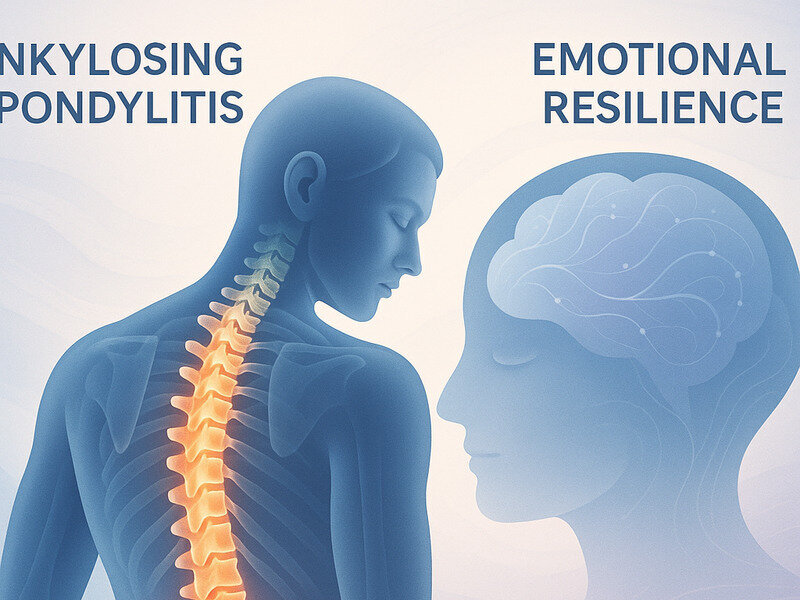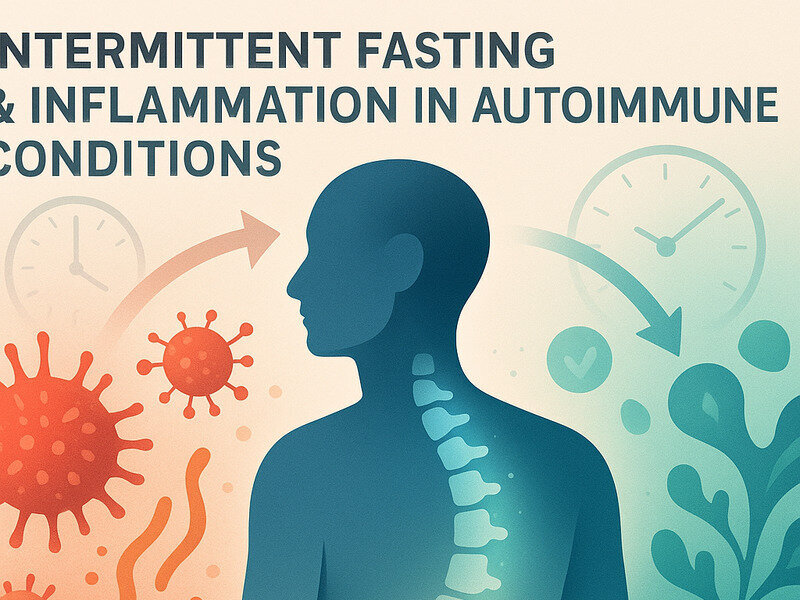
Ankylosing spondylitis (AS) is a chronic inflammatory disease that primarily affects the spine and the sacroiliac joints, leading to pain and stiffness. While the physical symptoms of AS are well-documented, the emotional and psychological aspects of living with this condition are often less discussed. Understanding when to seek therapy for emotional resilience can be crucial for individuals managing AS, as it can significantly impact their quality of life.
The connection between chronic illness and mental health is well-established. Chronic pain and the limitations it imposes can lead to feelings of frustration, anxiety, and depression. For those with ankylosing spondylitis, these emotional challenges can be compounded by the unpredictability of flare-ups and the progressive nature of the disease. Recognizing the signs that indicate a need for psychological support is an essential step in managing both the physical and emotional aspects of AS.
The Psychological Impact of Ankylosing Spondylitis
Living with ankylosing spondylitis involves more than just coping with physical discomfort. The chronic nature of the disease means that individuals often face ongoing challenges that ...
Premium preview
Premium members unlock the full article—complete step-by-step routines, deeper coaching notes, and exclusive frameworks.


